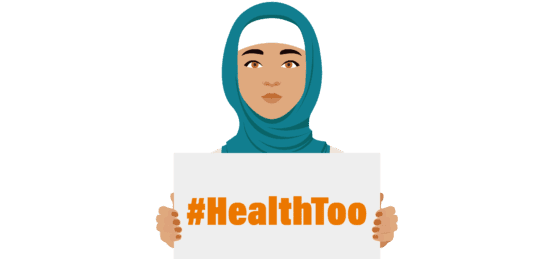Women in Global Health, an organization that campaigns for the protection of women and the prevention of sexual exploitation, abuse and harassment in global health including healthcare settings, has launched a new platform and research project entitled “#HealthToo” to compile and document stories from women health workers who have experienced work-related Sexual Exploitation, Abuse and Harassment (SEAH).
Women in Global Health in a statement to announce the launch of the project issued by its Communications Manager, Joan Bolger, said that SEAH is one of the forms of violence healthcare workers face.
“There is a huge gap in data and research on work-related SEAH in the health and care sector from all regions, but the most serious absence of data is in low- and middle-income countries, where women are reportedly the most affected,” Dr Magda Robalo, Global Managing Director, Women in Global Health
By submitting their stories anonymously, women will be able to share their experiences freely without risking job security or personal repercussions in their place of work.
Currently, a large percentage of women in the global health workforce face discrimination, bias and sexual harassment in their work. In some countries, women also experience Work Related Violence and Harassment (WRVH) either on the way to work or when engaged in community outreach.
Dr Robalo further said that “Work-related SEAH in the health workforce is an extension of the gender-based violence against women and girls that we witness every day, and in the vast majority of cases, it is perpetrated by male colleagues, male patients/clients and male members of the community.“
If not acted upon urgently and consistently, such acts create unsafe and toxic work environments that affect the retention of women staff and reduce their physical and mental health leading to increased healthcare costs and a reduction in the quality of care provided.
“There is no one magic bullet to solve sexual exploitation and abuse but the presence of women at all levels from leadership down, coupled with adequate laws and policies makes an immediate difference by creating a conducive, motivating and empowering work environment free of such abuse and discrimination, “ said Robalo.

